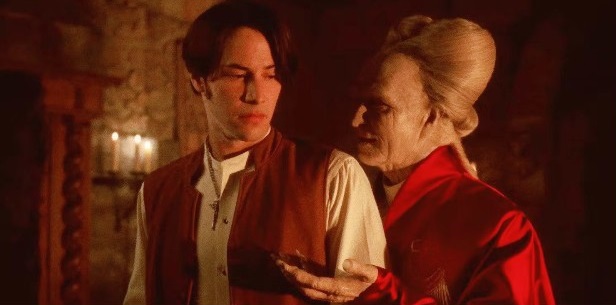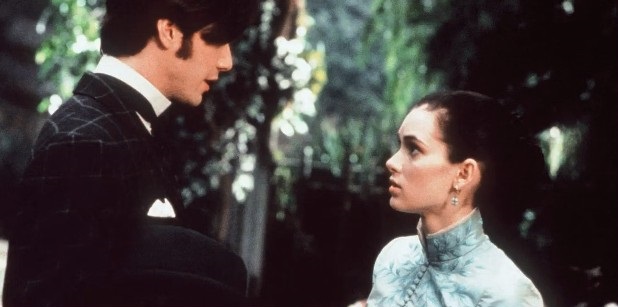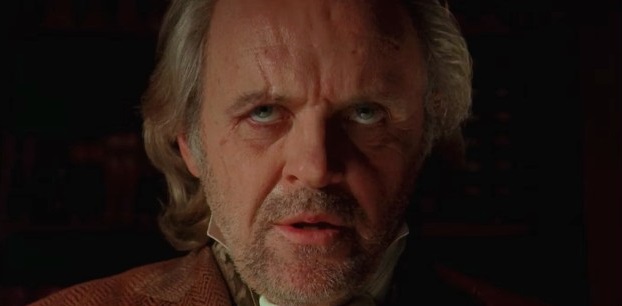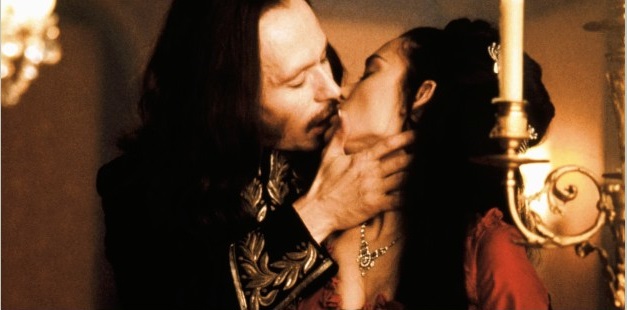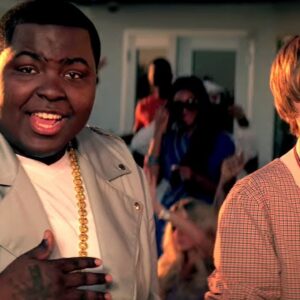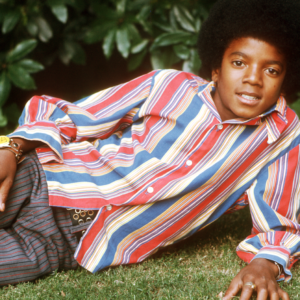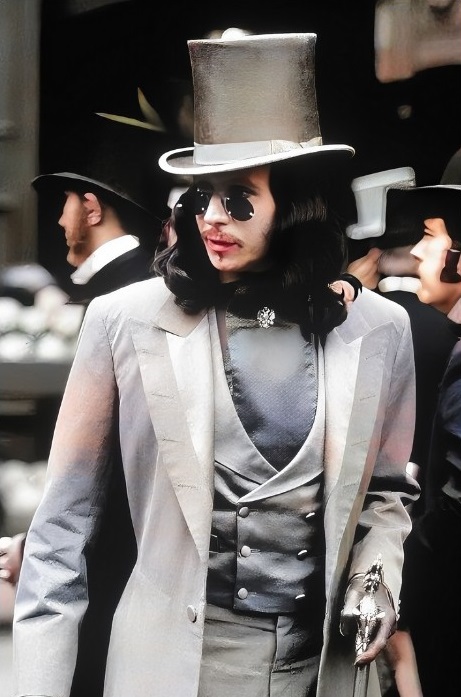
Fraudulent advertising in movies can be frustrating, even if it doesn’t lead to lawsuits. Disney’s 2010 Alice in Wonderland, marketed as a gonzo action-comedy, disappointed some who expected a somber, reflective film. Similarly, many 1950s sci-fi movies promised spectacular creatures and battles in their posters but delivered only brief scenes with poor special effects.
A more audacious example is Bram Stoker’s Dracula. While it is a direct adaptation of Stoker’s novel, it was heavily marketed as the most faithful adaptation, capturing every major character and story element. Director Francis Ford Coppola and screenwriter James V. Hart have always maintained this claim. Although the film follows the letter of Stoker’s novel closely, it significantly deviates from the spirit of the original work, alienating some viewers, including notable critics. Despite this, Bram Stoker’s Dracula still has considerable merit and remains a noteworthy film.
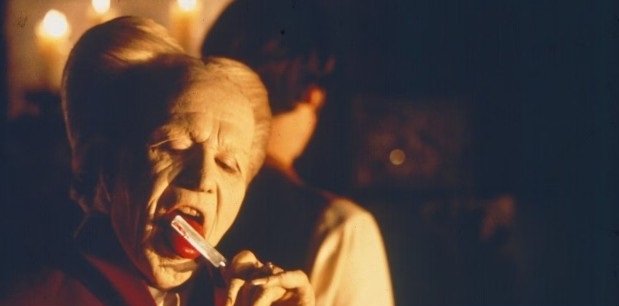
Dracula holds the Guinness World Record as the most adapted literary character, yet few of the 538 adaptations truly follow Bram Stoker’s novel. Even the most famous versions, like Nosferatu and the classic Universal film with Bela Lugosi, deviate significantly from the source material. Nosferatu changes the setting and characters, while the Universal film blends Stoker’s work with Hollywood inventions and a popular stage adaptation. Hammer Films barely used the novel’s dialogue or scenes in its nine Dracula movies, often swapping character names and personalities.
Before 1992, only two adaptations aimed to closely follow Stoker’s story, both titled Count Dracula. The 1970 version by Jesús Franco stays true until Jonathan Harker escapes the castle, but loses fidelity and overall impact afterward. The 1977 BBC adaptation sticks to the book from start to finish but lacks the novel’s energy and vitality due to its limited budget and straightforward production. Despite their efforts, neither captures the full spirit of Stoker’s dynamic and thrilling narrative.
